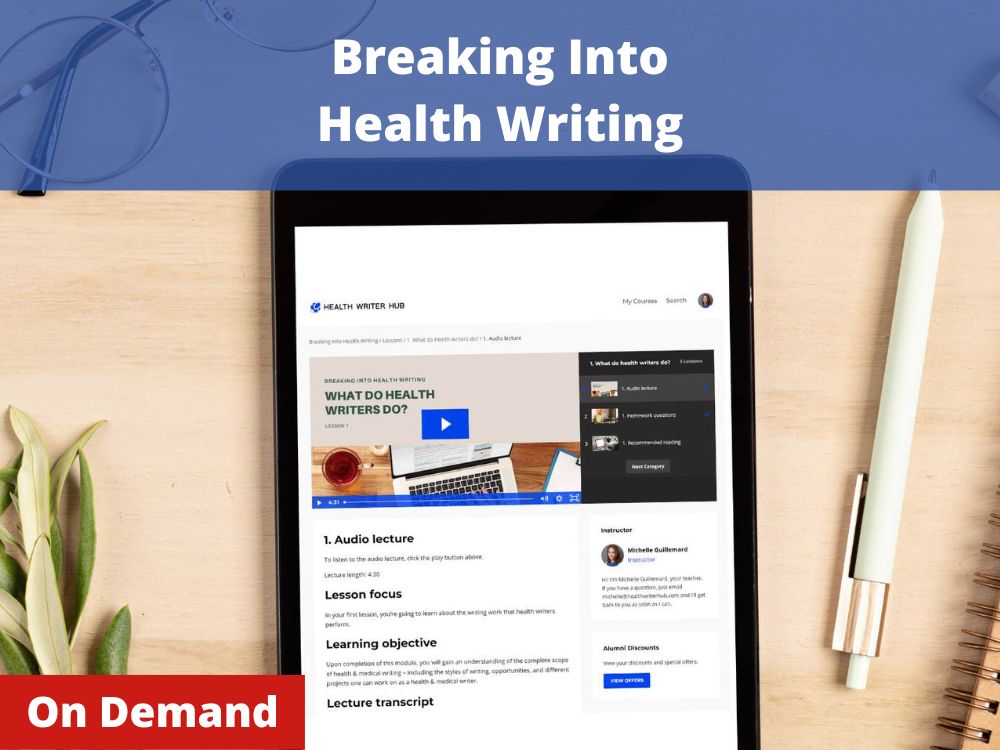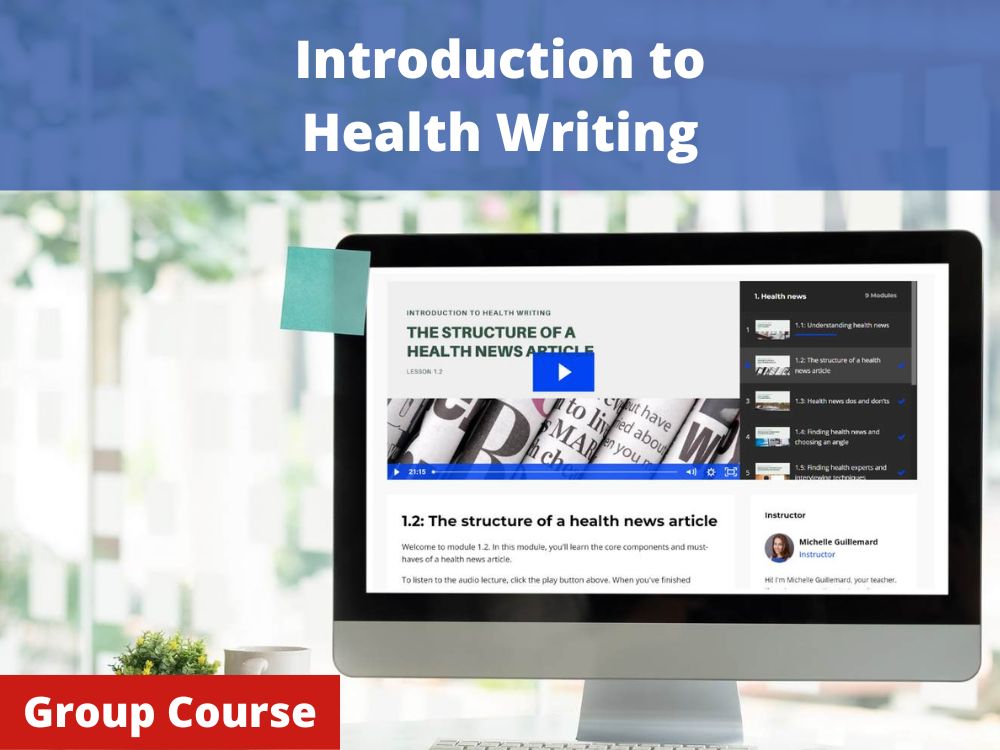
Powerful health writers change lives. Ready to transform your writing?
Discover everything you need to know about health & medical writing. Learn about health copywriting, news and feature writing, health blogging, patient education, medical editing, finding work, and freelance writing. Your new career is just one click away.
Learn on demand, from anywhere in the world
Join thousands of students from 50+ countries.
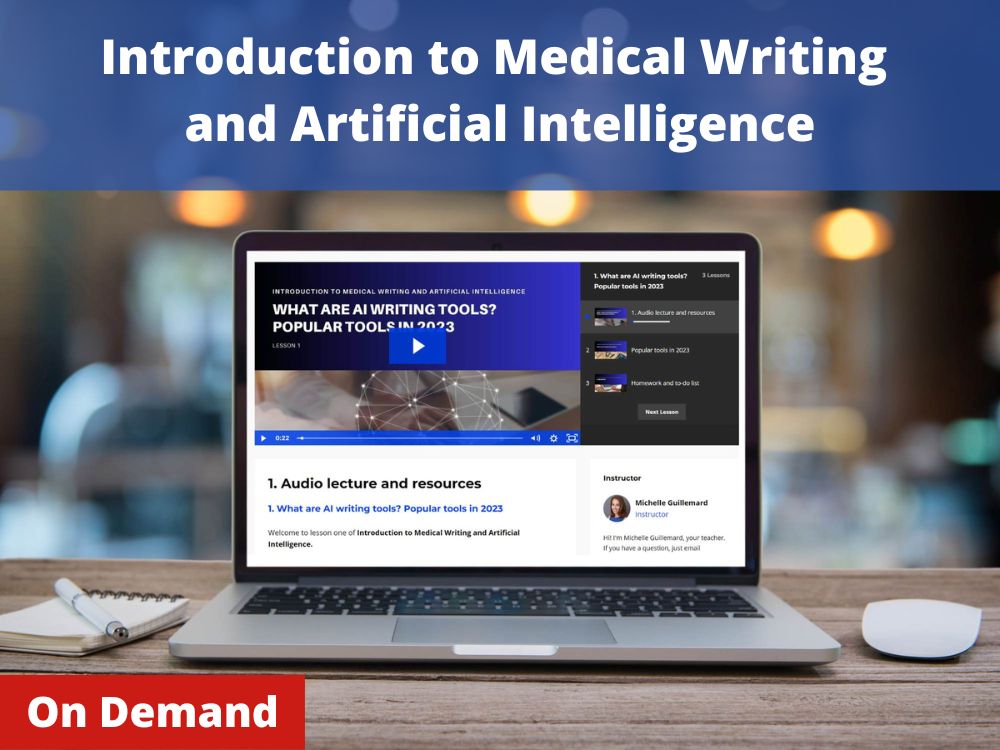
Introduction to Medical Writing and Artificial Intelligence
Embrace AI and explore the future of medical writing. Learn more.
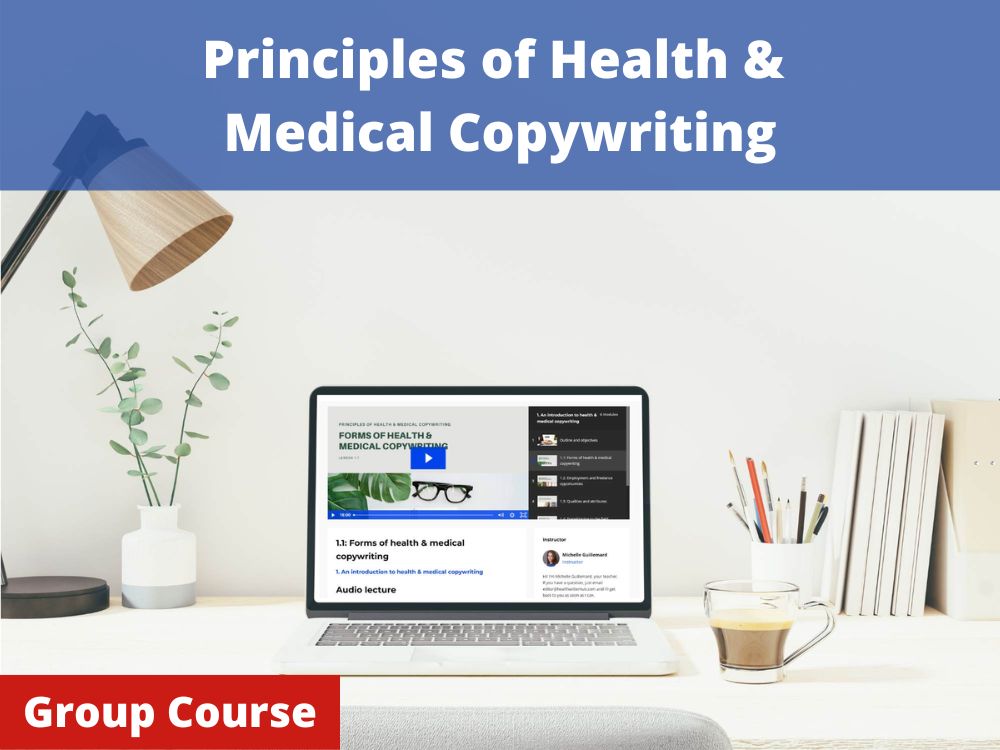
Principles of Health & Medical Copywriting
Become an in-demand health & medical copywriter. Learn more.
Develop industry-leading health writing skills
Enhance your expertise and stay ahead of the curve.
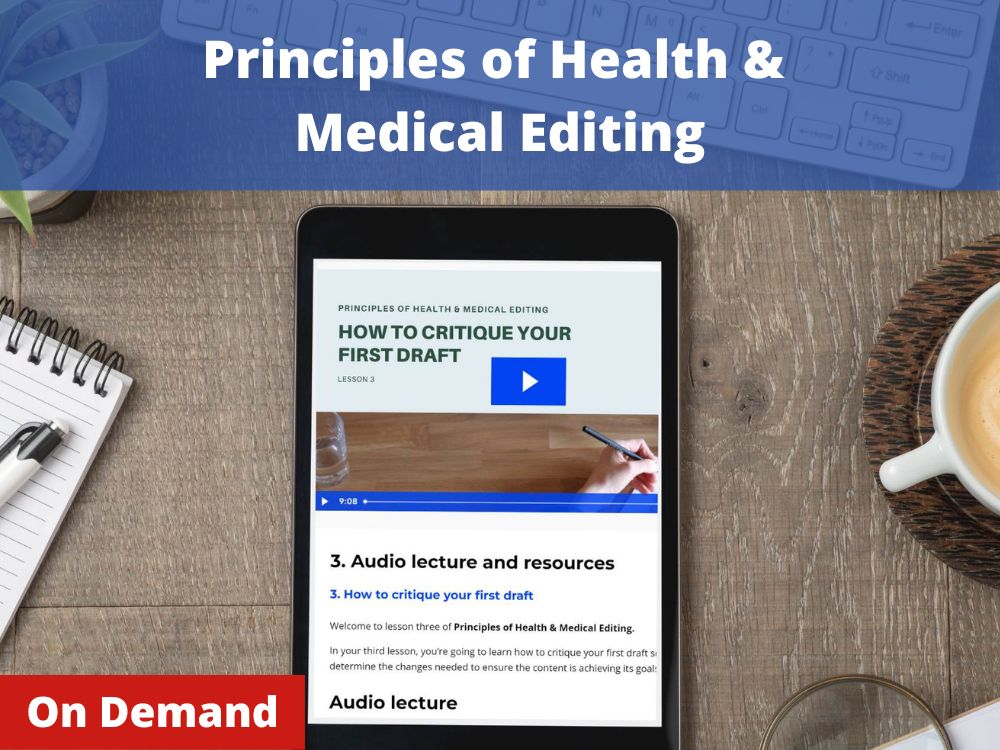
Principles of Health & Medical Editing
Improve your medical editing skills and become a skilled editor. Learn more.

Build Your Portfolio Masterclass
Create a publication-ready portfolio with eight writing samples. Learn more.
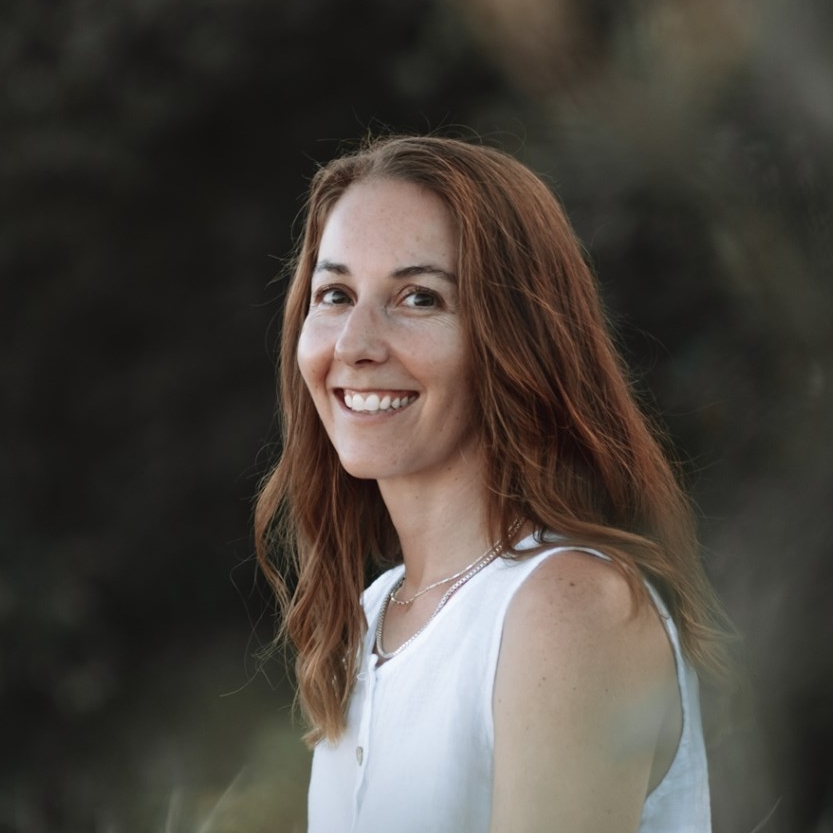
I'm Michelle Guillemard, your health writing teacher
My passion is helping you write better, grow your career, enhance health outcomes and inspire behaviour change through clear, effective communication. I believe high-quality health writing plays a significant role in creating better public health.
Since 2014, thousands of aspiring writers and health professionals have learned about health & medical writing with me. Ready to join us?
START LEARNING TODAY
At Health Writer Hub, we’re independently accredited for quality, academic standards and professional development. Our courses go through a strict approval process to ensure the learning value, objectives and structure conform to the global CPD guidelines of professional academic bodies.
LEARN MORESee why our students love our courses
Read 100+ more testimonials here.

“Introduction to Health Writing is THE course for anyone who is thinking of starting off in the exciting, challenging, and rewarding field of evidence-based health writing.” Sampoorna Rappaz, Switzerland

“Principles of Health & Medical Copywriting is a phenomenal course! You can apply what you are learning in the modules immediately, even if you are not currently a career writer. Michelle is a great instructor and provides valuable feedback on your assignments. I cannot wait to take another course with her!” Amanda Van Frank, USA
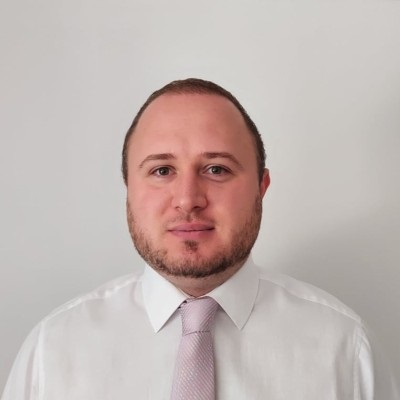
“Breaking Into Health Writing has shown me how to start preparing for a job in health writing. When you decide to change fields and become a writer, the enormous amount of information you can obtain from all the sources out there can overwhelm any professional. The reason I haven’t felt so overwhelmed was Michelle, who is thorough and supportive as a teacher.” Roland Ligetvári, Hungary
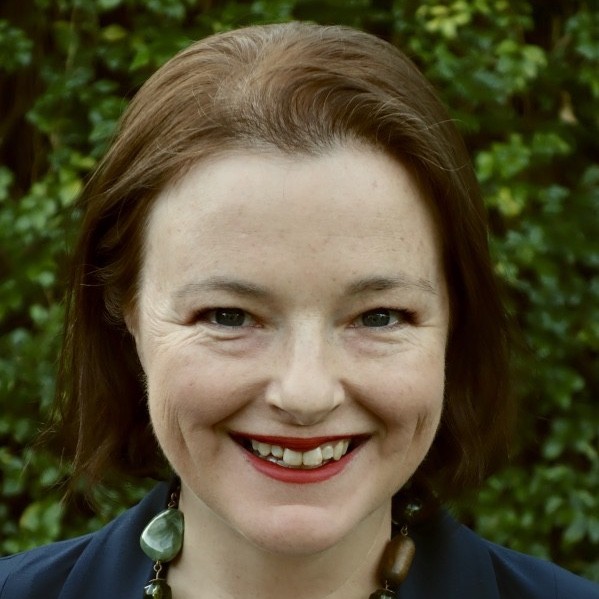
“As I worked through Principles of Health & Medical Copywriting and How to Become a Freelance Health Writer I felt stretched and challenged, but always buoyant. That’s because Michelle is such a great teacher, mentor and encourager. It’s not just a course, but a community of opportunity – and a great one to be part of.” Sally Bathgate, Australia
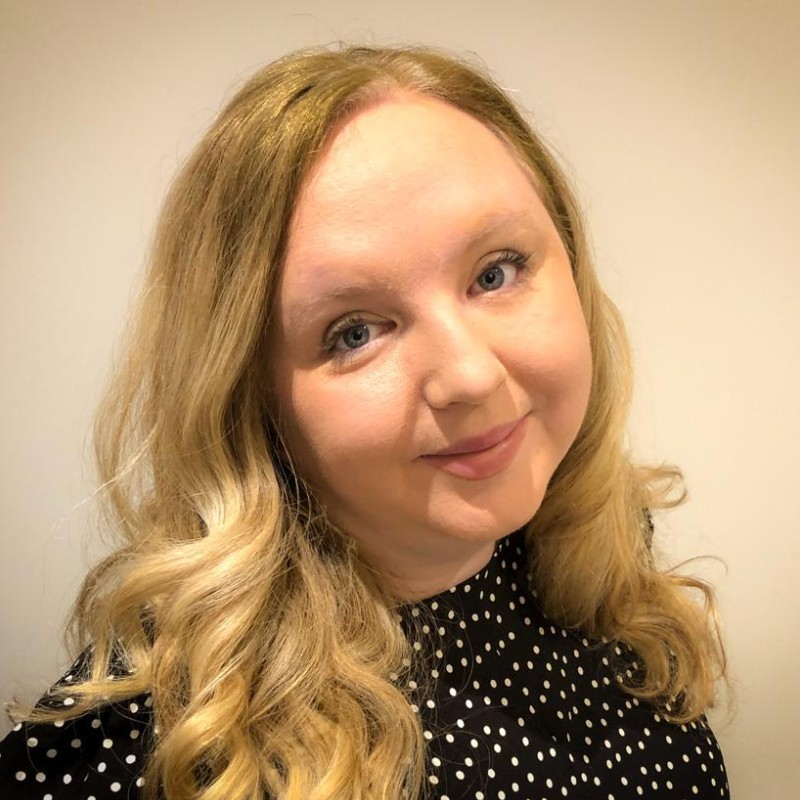
“It was a pleasure to be a student in Michelle’s Masterclass. The experience was so personalised. I now have industry-standard examples of my writing.” Mary Oppenheim, Ireland

“If you’re copywriting in the health niche, you really need education from a health copywriter to make sure you have all the health industry specific bases covered. Michelle teaches you all the important stuff you’ll need to know!” Gaz Ffitch, UK

